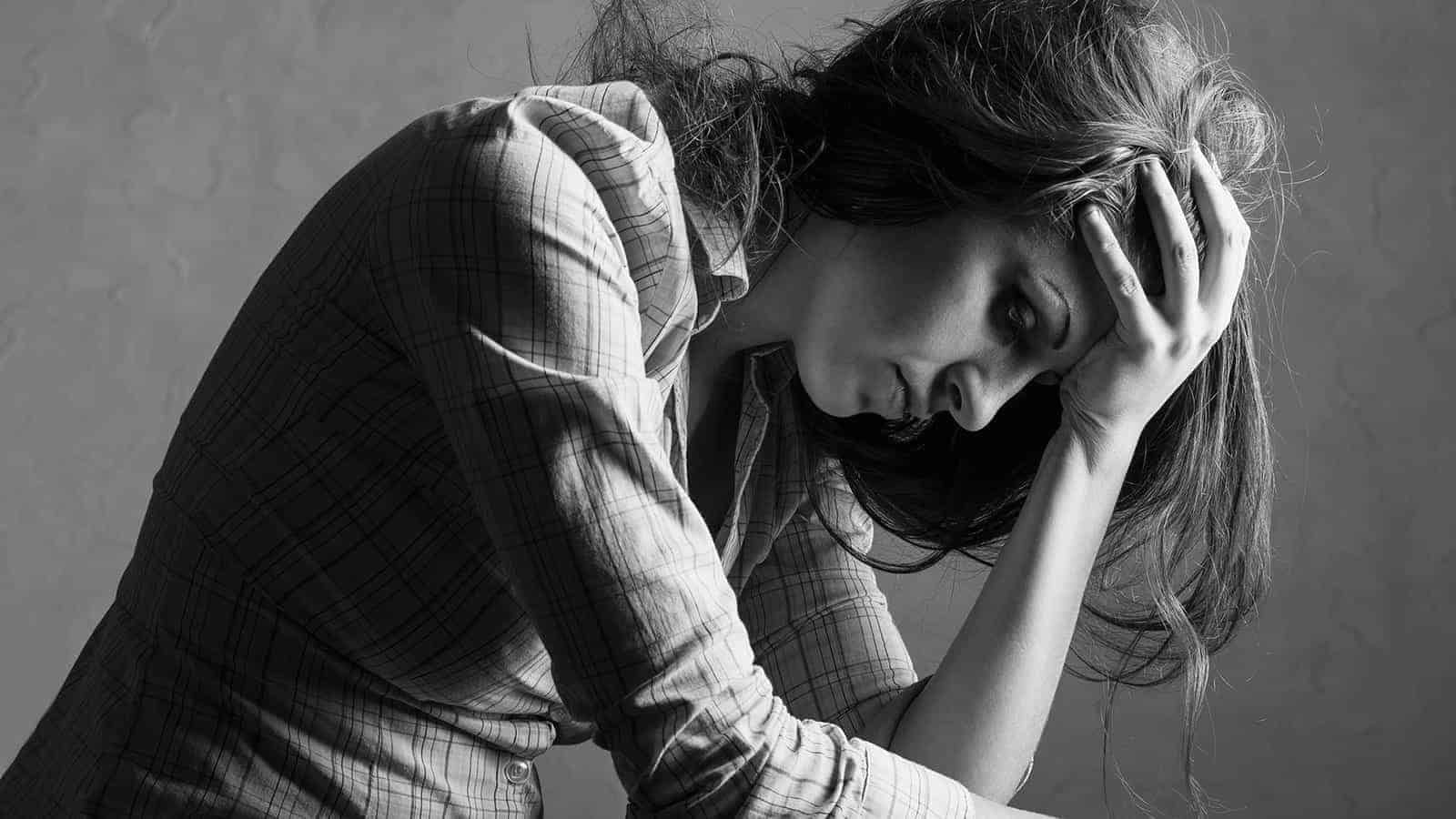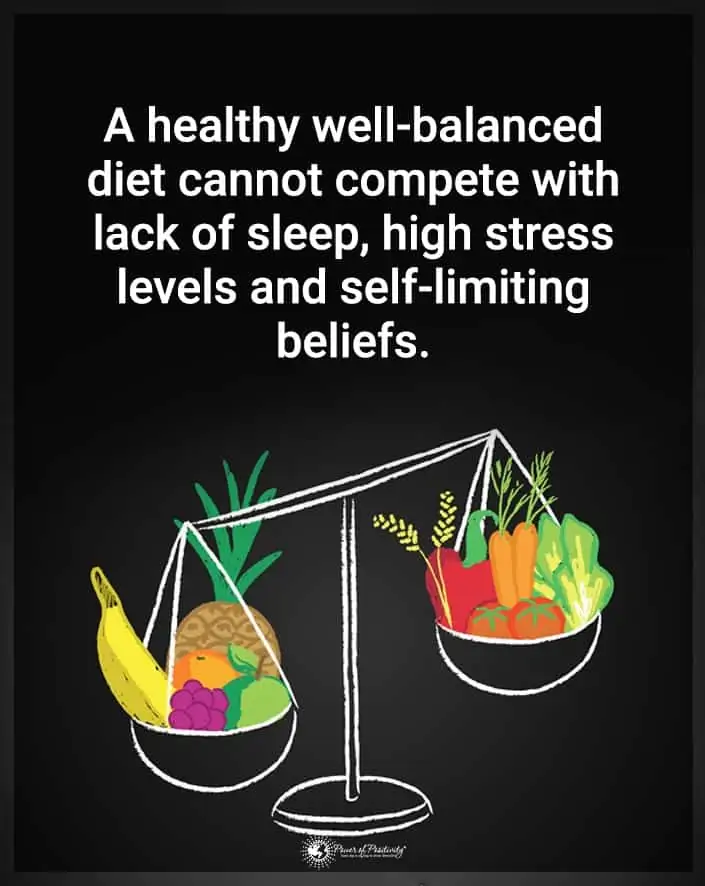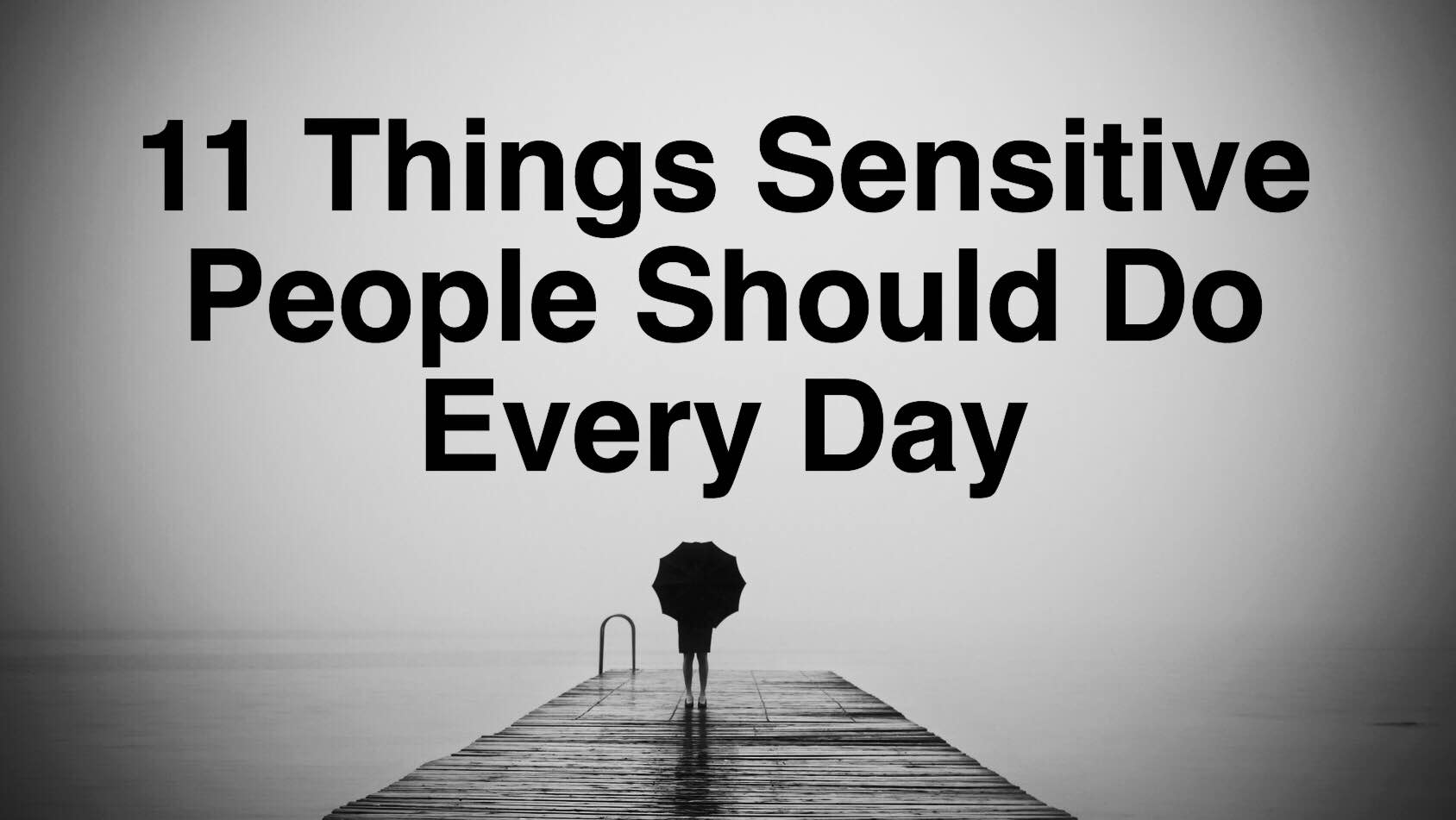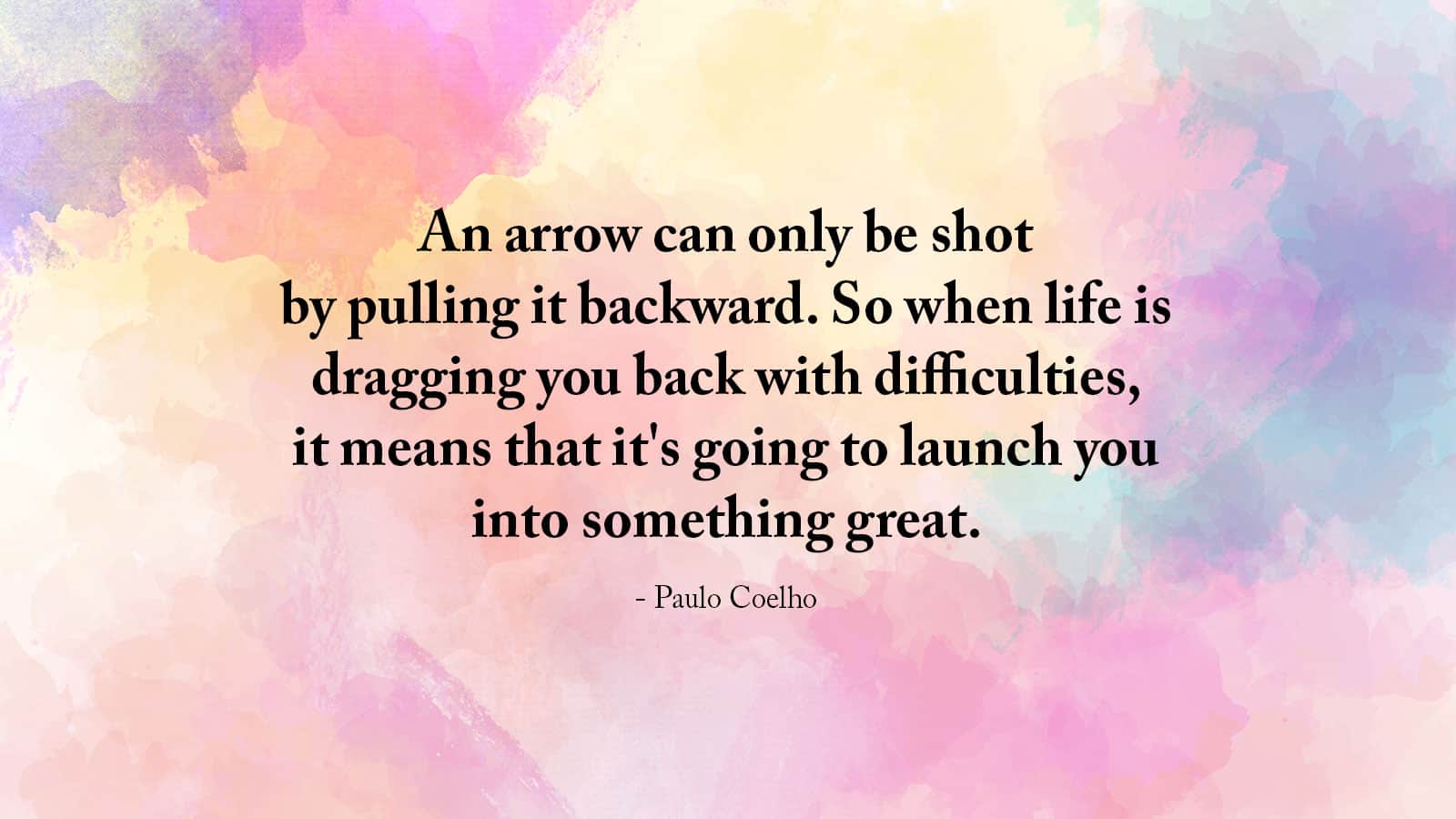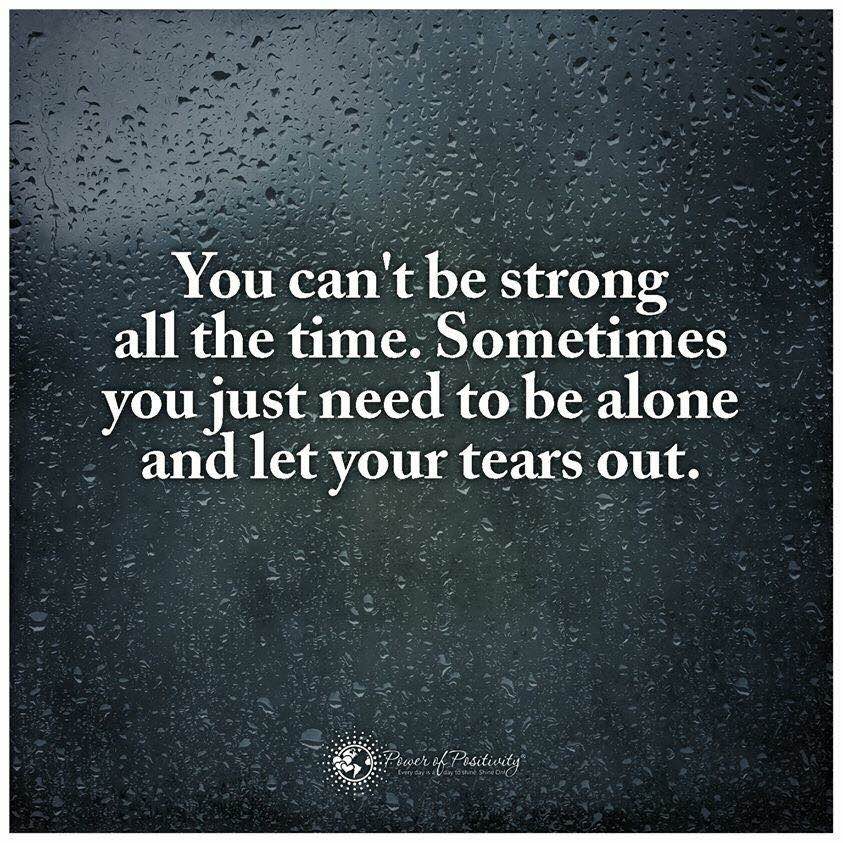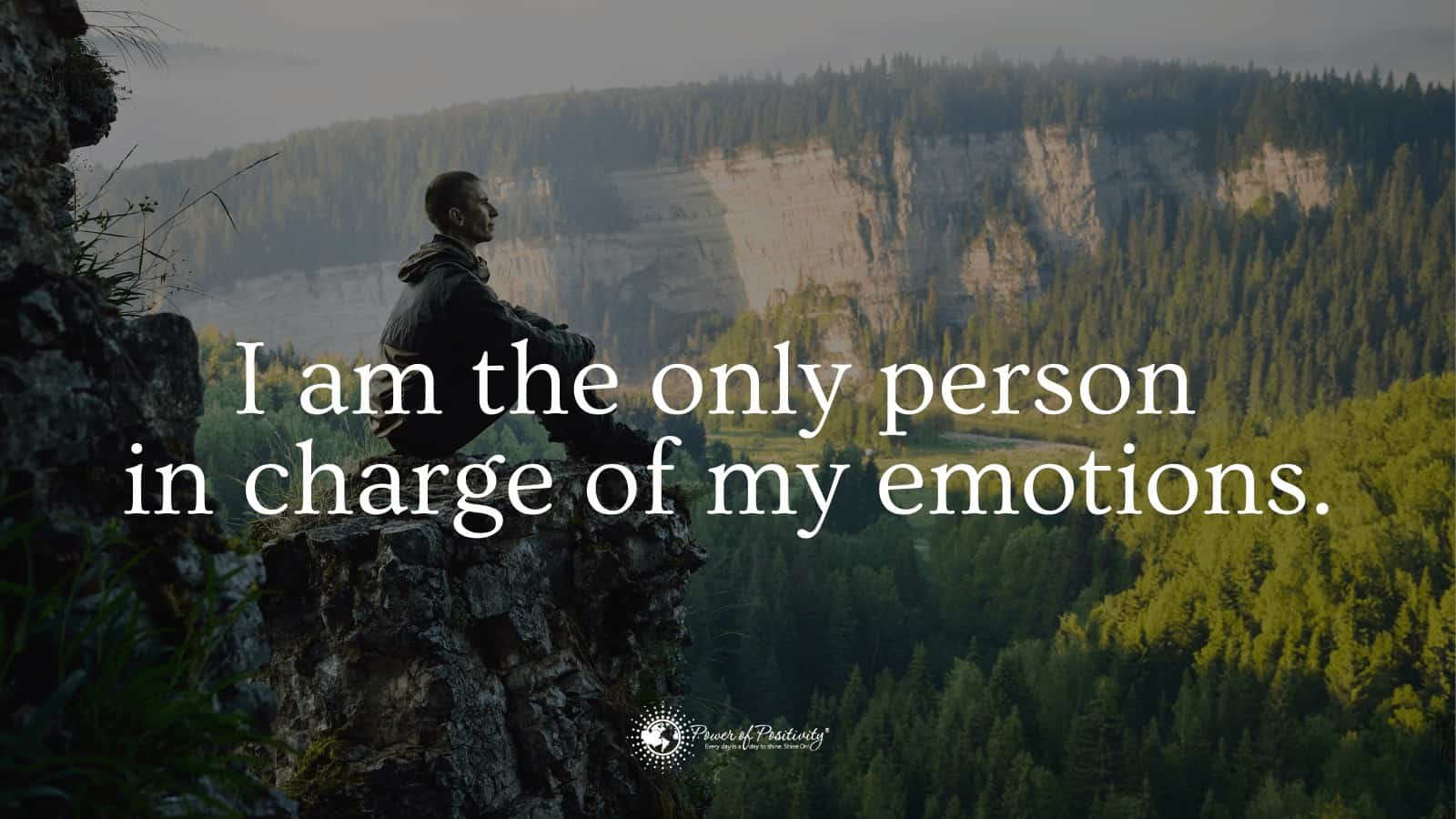Depression is a term often thrown about when we’re feeling down – when things aren’t going according to plan.
Using depression to describe a mood that is fleeting isn’t an accurate description of the disease that, according to the World Health Organization (WHO), affects over 350 million people globally. “Sadness is an emotion, whereas depression is an illness,” says psychiatrist Ken Robbins of the University of Wisconsin-Madison.
So how do you know if you’re experiencing a bout of depression or are just feeling blue? There are two distinguishing factors between a normal emotional response to life’s events and a response that comes from the illness.
The first factor is the severity of the symptoms. Someone might be clinically depressed if the symptoms are so numbing that it makes performing everyday tasks difficult.
The second factor to consider is how long the symptoms last. If the symptoms last more than two weeks, there is a possibility that depression may be the cause.
WHO lists these other facts about depression that should be taken into consideration:
- Depression is a relatively common mental disorder.
- Depression is the leading cause of disability worldwide and is a major contributor to disease.
- More women are affected by depression than men.
- At its most severe, depression can be a contributing factor to suicide.
The good news is there are effective treatments for depression when properly diagnosed. The bad news is less than half of the people suspected of suffering from depression seek treatment, and in some countries less than 10% seek help. One of the reasons why depression is so underdiagnosed is because the warning signs of depression are often mistaken for just ordinary emotional responses.
Here are five warning signs of depression:
1. A shift in sleep patterns.
Whether it’s sleeping longer than usual or suffering from bouts of insomnia, persistent, abnormal sleep patterns can be a sign of unresolved depression. Our energy levels suffer when we sleep too much or too little. Energy is what we need to navigate life’s daily challenges. When we aren’t equipped to face tough situations, the spiral down the emotional black hole is easily triggered, and it’s time to bring in some help.
2. Excessive anxiety and irritability.
There is a physical and mental toll of being in a depressive state that is undeniable. That toll will contribute and escalate what may be normal feelings of anxiety and irritability to a point that it becomes difficult to handle. This feeling of overwhelm can be dangerous when paired with anxiety. If things feel like they are too much to handle, then seek some guidance.
3. Frequent feelings of hopelessness and helplessness paired with uncontrollable bouts of tears.
A person suffering from depression can’t help but feel that everything is going wrong and that there is no hope. These feelings are heightened by the emotions of the situation and often bring the tears with them. Constant crying without the ability to stop may be an indication that we should talk someone.
4. A lack of interest in activities and hobbies that once were exciting.
When depression creeps in, it affects everything including the things we enjoy doing most. It is not uncommon to lose the desire to do things we once couldn’t live without when we are in a state of depression. We choose instead to hole up in the house, refusing to go out or see friends and family. If this sounds familiar, it might be time to seek some help.
5. The inability to focus, concentrate or make decisions for lengthy periods of time.
We’ve all experienced a period when there was a fog in the brain that kept us from doing our best work. But when the fog persists and isn’t solved by a nap, relaxation or a good night’s sleep, it usually says there is more going on. When we experience trouble trying to get back into the groove, and can’t figure out why, it’s time to examine what is happening around us and seek advice outside our immediate social circle.
It is really important to recognize the signs of depression early on. Psychologist, Dr. Michelle London of Weiss Memorial Hospital in Chicago, says, “Depression is a cruel disease that can affect anyone. It is very easy, once the symptoms begin, for a person to slide down the black hole of depression where the symptoms spiral and feed off of each other, increasing in severity.”
The five signs listed above are some of the most common ones, but they are not the only ones. Please refer to the two factors that distinguish between an emotional response and one of illness, which are: the duration and severity of your symptoms. Even if your symptoms are not on this list, if they are severe or long-lasting, then seek professional guidance.

